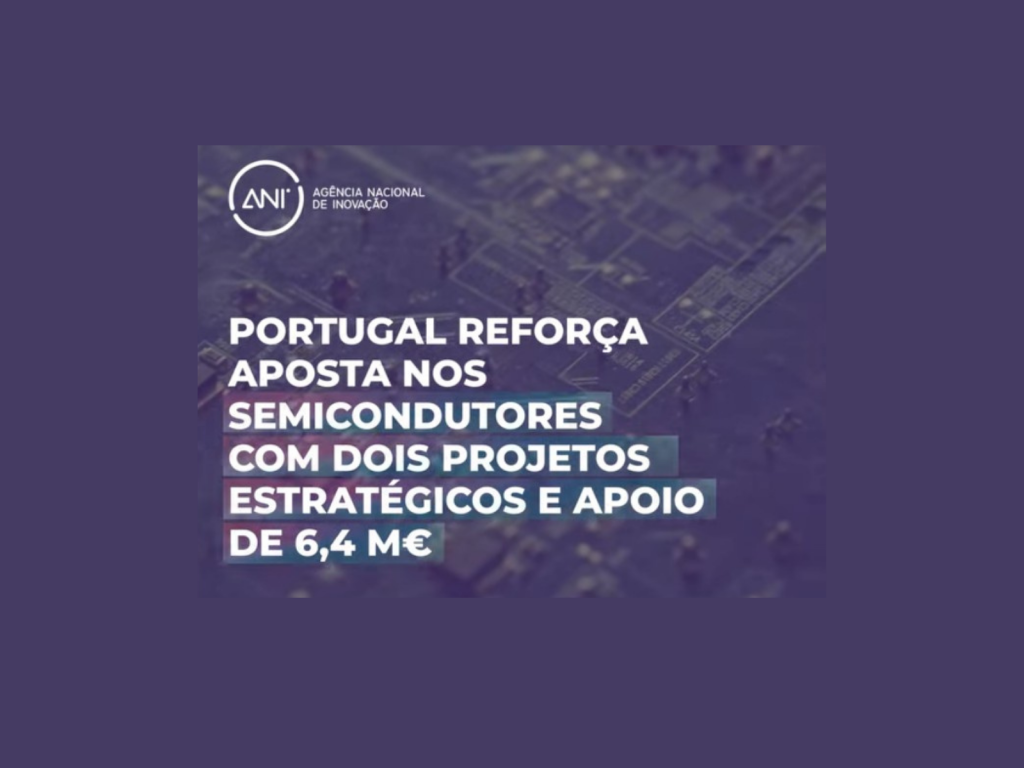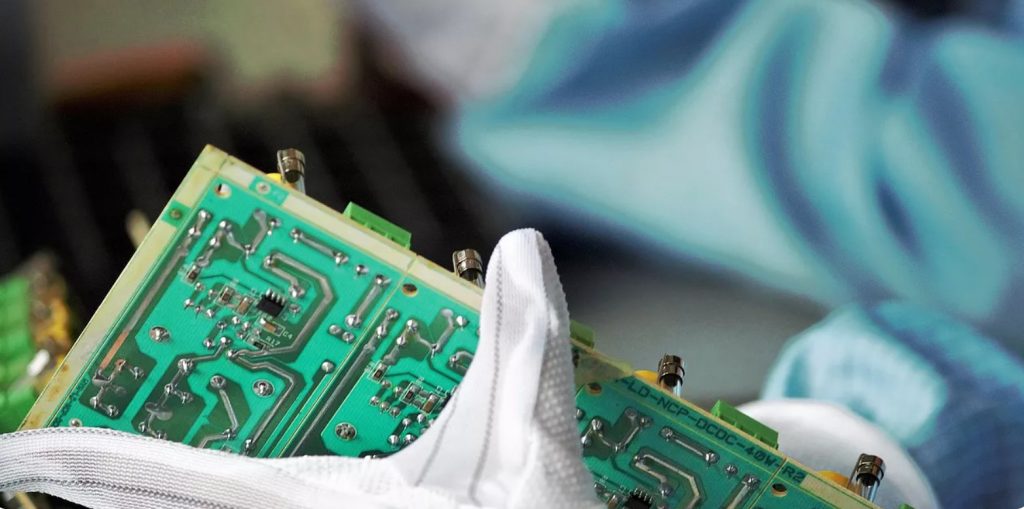As part of the Microelectronics Agenda, Inova-Ria took part in two job fairs in November. On November 7, it was present at UC&AAC, an event organized by the University of Coimbra, in collaboration with the Coimbra Academic Association, free of charge and aimed at all students and graduates of the institution. It was also open to the entire local and regional community, and Inova-Ria welcomed more than 50 people interested in open opportunities at the Microelectronics Agenda stand, to whom the Microelectronics Agenda was presented.
On November 21, it was time for UA 5.0, a Job Fair that stands out not only for the various companies and entities it brings to the University Campus, but also for the huge student mobilization it generates. More than 70 students visited our stand, getting to know not only the Agenda, but also the Observatory and open opportunities.
Both events attracted the scientific and academic community, namely students, teachers and specialists. By participating in these events, Inova-Ria sought to make students aware of the Microelectronics sector as a future option and to disseminate the Microelectronics Agenda, the Consortium, its objectives and results.
The need to attract qualified talent to the Microelectronics sector is a priority for the various entities operating in the sector and for this reason, it is essential to publicize and make students aware of the opportunities inherent in the sector. Inova-Ria is also focused on this purpose.
Created as part of the mobilizing agendas of the Portuguese Recovery and Resilience Plan, the Microelectronics Agenda aims to strengthen the production and innovation capacity of the national semiconductor and microelectronics industry. It involves a group of 17 partners and seeks to help position Portugal at the forefront of the semiconductor management, production, distribution and recycling market, capable of supplying Europe and other countries worldwide.
The 25 new products, processes and services resulting from the Agenda aim to transform the microelectronics sector and contribute to its resilience, competitiveness and ecological sustainability, and will enable the Portuguese ecosystem to monitor and anticipate the sector’s needs.
The Microelectronics Agenda has a total eligible budget of €67,493,749.21, of which €30,048,411.91 is funded by the NextGenerationEU initiative. With the completion of the project scheduled for June 30, 2025, Portugal intends to establish itself as a leader in the global semiconductor sector, having already executed more than 60% of the budget and made significant progress in product development, sustainability and workforce training.




